
College life is considered the most memorable time of a lifetime for anyone. It is entirely different from school life. Students get to explore and gain new experiences as they grow as a person.
Friends and parties are a major part of college life, but that’s the one side of the story because it also adds up anxiety, sleep deprivation, and stress that make up the whole college experience.
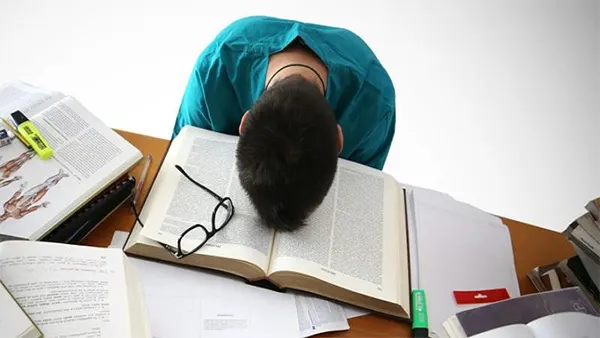
Students feel pressured to perform well in their academics and during the exams time, the stress becomes more intense. If the pressure of examination is not managed well, it can take a toll on students’ mental health, which can lead to burnout or even depression.
In this article, we will guide you on how to cope with the mental pressure of exams, so without any further delay, let’s get started.
Understanding Mental Pressure
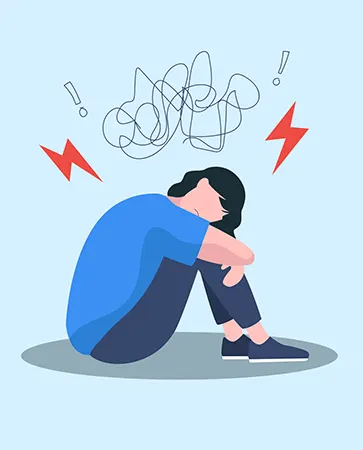
Before delving into coping mechanisms, it’s vital to understand the nature of mental pressure and its impact on college students. It often stems from various sources, including academic expectations, fear of failure, competition, and self-imposed standards.
The constant need to excel academically in a highly competitive environment can create a breeding ground for stress and anxiety. Moreover, the transition to college can be overwhelming as students navigate new social dynamics, increased responsibilities, and higher academic demands.
This transition period often exacerbates feelings of uncertainty and insecurity, contributing to heightened stress levels.
Recent survey results shown in an article from Inside Higher Ed show how college life affects students. Nearly 86% of students who reported having poor mental health did so after going through prolonged periods of stress during their time in the institute.
Recognizing the Signs
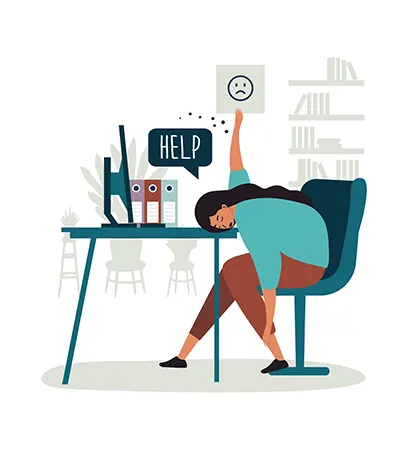
College students must recognize the signs of pressure before it escalates into more serious mental health issues. Common symptoms may include:
- Persistent feelings of anxiety or worry
- Difficulty concentrating or focusing on tasks
- Changes in sleep patterns, such as insomnia or oversleeping
- Loss of interest in activities once enjoyed
- Physical symptoms like headaches, stomachaches, or muscle tension
- Increased irritability or mood swings
Ignoring these warning signs can deteriorate mental well-being and academic performance. Therefore, early intervention and proactive coping strategies are necessary.
Coping Strategies for College Students
Exams can be a stressful time for college students, and it’s common for mental health issues to arise or worsen during this period. Here are some strategies to help cope with mental health issues during exams:
Seek Social Support
Don’t hesitate to contact friends, family members, or campus support services for emotional support. Sharing your concerns with others can provide validation, perspective, and practical advice.
You can also seek support from professionals like therapists or graduates with a Master of Social Work (MSW) degree. You can find many MSW professionals as their shortage gap is narrowing. This is thanks to the advancements in online education.
Do you know?
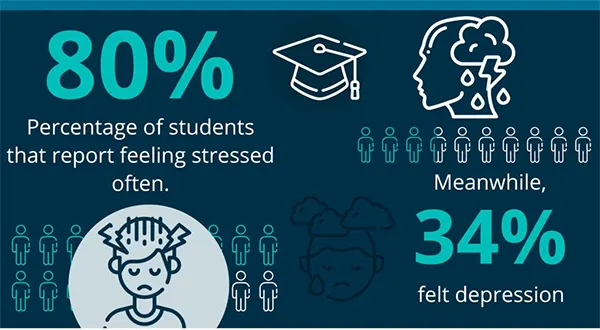
Many colleges and universities offer online MSW programs, and that too with an advanced track. With online MSW programs advanced standing, students can complete the master’s graduation quickly.
An MSW graduate has the right knowledge and skills to help students cope with their fear of exams. With a deep understanding of human behavior, psychology, and social dynamics, MSW graduates are equipped to address various challenges individuals face. This includes exam anxiety, too.
One of the key strengths of MSW graduates lies in their ability to establish empathetic and supportive relationships with students. They are trained to listen actively, validate emotions, and create a safe space for individuals to express their concerns without judgment. This foundational skill is required in addressing exam fears and anxiety.
Establish a Balanced Routine

Maintaining a balanced routine can help students manage their time effectively and reduce overwhelming feelings. Allocate specific time slots for studying, relaxation, exercise, socializing, and sleep.
Prioritize tasks based on urgency and importance to prevent procrastination and last-minute cramming sessions. A balanced routine should include time for studying, relaxation, physical activity, and social interactions.
Students can allocate specific periods for studying each subject, breaking the material into manageable chunks to prevent overwhelm. Regular breaks during study sessions are paramount to prevent burnout and maintain focus.
In addition to academic pursuits, students should prioritize activities that promote relaxation and stress reduction. Engaging in hobbies, mindfulness practices, or outdoors can help alleviate exam-related anxiety and promote overall well-being. Adequate sleep is also necessary for cognitive function and emotional regulation, so students should prioritize getting enough rest each night.
Practice Stress Reduction Techniques
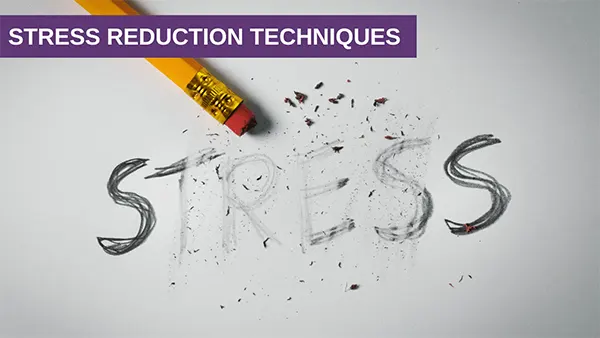
Incorporate stress reduction techniques into your daily routine, such as deep breathing, meditation, yoga, or progressive muscle relaxation. These practices can help calm the mind, reduce muscle tension, and promote relaxation.
According to Wiley Online Library, 21 studies showed noteworthy beneficial effects of yoga, breathing, or meditation on stress. The beneficial effects of yoga-based activities were observed in 77% of meditation, 60% of yoga, and 50% of breathing meditation interventions.
Utilize Effective Study Strategies
Experiment with different study strategies to find what works best for you. Some students may benefit from active learning techniques such as summarizing material, teaching concepts to others, or using mnemonic devices. A student survey from Advances in Physiology Education Journal shows that using mnemonics as learning tools revealed more than 93% effectiveness.
Find a study environment that minimizes distractions and maximizes productivity, if it’s a quiet library or a cozy coffee shop. One effective strategy for coping with the fear of exams is to develop good study habits.
This involves setting aside time for studying each day and creating a structured schedule. Students can reduce feelings of overwhelm and anxiety by breaking down the material into smaller, manageable chunks.
Did you know?
Depression is the leading cause of disability worldwide.
Another helpful technique is actively engaging with the material rather than passively reading or memorizing it. This could involve summarizing key points, creating flashcards, or teaching the material to someone else. Actively engaging with the material helps reinforce learning and enhances retention.
Practice exams are also valuable tools for overcoming assessment anxiety. Taking practice tests under simulated examination conditions can help students familiarize themselves with the paper format. Also, practice tests can aid in building confidence and reduce anxiety about the exam.
Conclusion
Navigating the pressures of college exams can be challenging. However, with the right strategies and support systems, students can effectively cope with mental tension and maintain their well-being.
Remember, it’s vital to prioritize self-care, seek help when needed, and cultivate resilience in the face of adversity. By implementing these coping mechanisms, college students can survive and thrive during exam season and beyond.